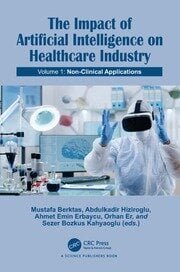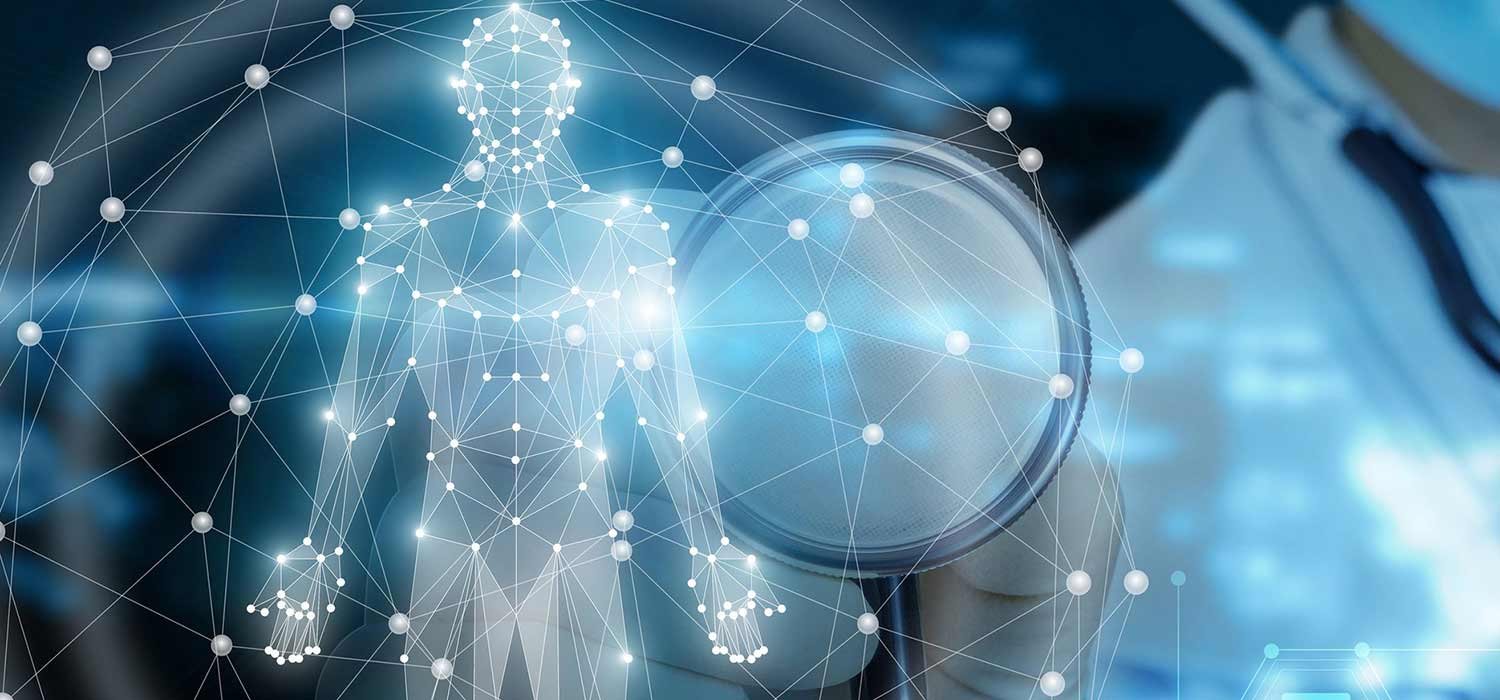
Introduction
Overview of Artificial Intelligence in Healthcare
Artificial intelligence (AI) has emerged as a transformative force within healthcare, reshaping how medical professionals diagnose, treat, and manage patient care. By leveraging sophisticated algorithms and vast amounts of data, AI can analyze medical images, predict patient outcomes, and even provide personalized treatment options. For instance, companies like IBM Watson have made strides in cancer treatment by assisting doctors in identifying effective therapies through extensive data analysis.
A personal experience shared by a healthcare provider highlighted a pivotal moment when AI-assisted technology accurately analyzed imaging results, leading to an earlier diagnosis of a rare condition. This exemplifies how AI is becoming a vital partner in healthcare, improving accuracy and efficiency.
Significance of Healthcare Innovations
The significance of innovations in healthcare cannot be overstated. As technology evolves, so do patient expectations and outcomes. Key benefits include:
- Improved Accuracy: Reduced human error in diagnoses.
- Increased Efficiency: Streamlining workflows and freeing up valuable time for healthcare professionals.
- Enhanced Patient Experience: More engaging and personalized care.
Ultimately, innovations powered by AI can lead to a healthier future, reflecting a new era of precision and accountability in healthcare, which aligns perfectly with topics discussed on our blog, TECHFACK.

Current Applications of Artificial Intelligence in Healthcare
Diagnosis and Treatment Planning
One of the most significant applications of artificial intelligence in healthcare is in diagnosis and treatment planning. AI systems can process vast amounts of data from various sources, including medical records and imaging studies, aiding healthcare professionals in making quicker and more accurate diagnoses. For example, a radiologist shared that an AI tool had improved the detection of anomalies in X-rays, enhancing the overall diagnostic efficacy. This not only boosts confidence in decisions but also enables timely interventions for patients.
Personalized Medicine
Personalized medicine is another exciting frontier where AI is making waves. By analyzing genetic profiles and lifestyle data, AI can help tailor treatments to individual patients. Imagine a scenario where a patient with cancer receives a customized treatment plan based on their unique molecular makeup, increasing the success rates of therapies. The potential for increased effectiveness is remarkable, allowing healthcare providers to offer precision treatments that cater to the individual needs.
Predictive Analytics
Lastly, predictive analytics is revolutionizing the way healthcare providers approach patient care. AI can analyze historical data to predict health trends and outcomes. This can help in proactively managing chronic conditions. For instance, hospitals can utilize predictive models to anticipate patient admissions, ensuring resources are sufficiently allocated. These applications not only enhance patient care but also promote operational efficiency, as seen in several case studies highlighted on our blog, TECHFACK.
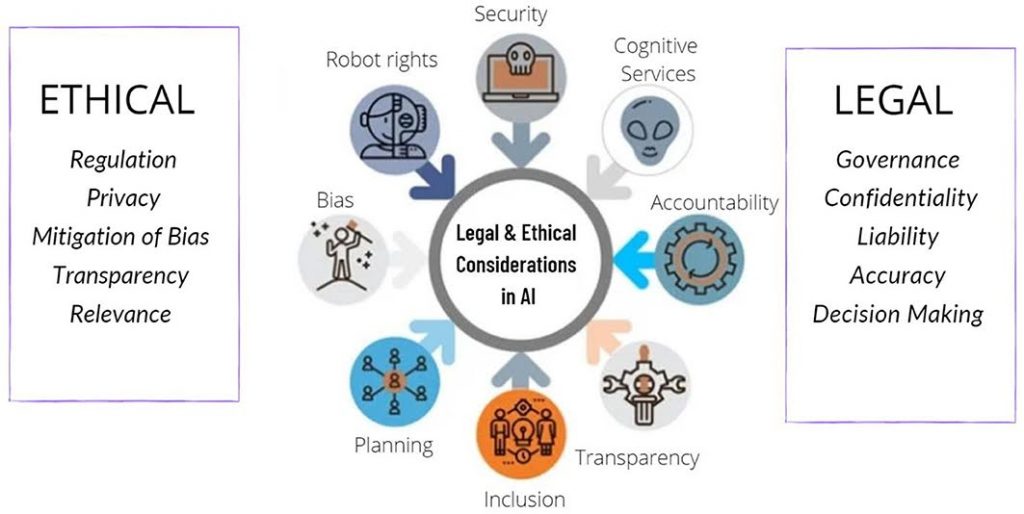
Benefits and Challenges of Implementing AI in Healthcare
Enhanced Patient Outcomes
As we delve deeper into the impact of artificial intelligence on healthcare, one of the most notable benefits is the enhancement of patient outcomes. AI technologies facilitate early disease detection, leading to timely interventions. For instance, a personal story from a patient diagnosed with diabetes illustrates this well. With AI-driven monitoring systems, the individual received alerts for potential complications, enabling proactive care that significantly improved their quality of life.
Improved Operational Efficiency
In addition to better patient outcomes, AI contributes to improved operational efficiency. Healthcare facilities can streamline administrative tasks, minimize wait times, and reduce costs. Routine tasks, like scheduling appointments or managing inventory, can be automated using AI algorithms. This efficiency allows healthcare professionals to concentrate more on patient care rather than administrative duties. A remarkable example is a hospital that implemented an AI-driven chatbot. This reduced phone inquiry times by 30%, freeing up staff for more critical tasks.
Ethical and Security Concerns
However, the integration of AI in healthcare isn’t without challenges. Ethical and security concerns loom large. Issues such as data privacy, algorithmic bias, and the potential for misuse of AI-generated data must be addressed. Healthcare professionals must ensure that AI systems are transparent and compliant with regulations to mitigate these concerns. As discussed on our blog, TECHFACK, finding a balance between innovation and ethical responsibility is crucial for the future of healthcare.
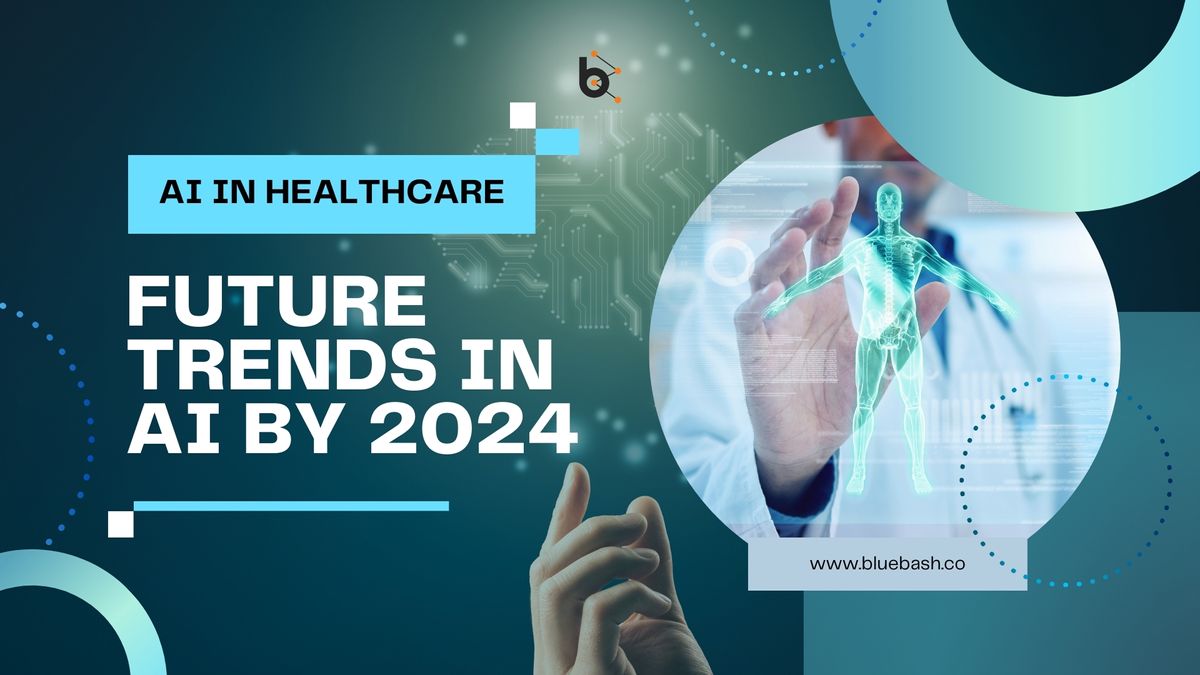
Future Trends in AI-driven Healthcare Innovations
Machine Learning Advancements
As we look towards the future of artificial intelligence in healthcare, one primary trend is the continued advancement of machine learning. These sophisticated algorithms will evolve to provide even more accurate diagnostics and treatment recommendations. Imagine a scenario where machine learning can analyze a patient’s genetic data in real-time to identify not just diseases but also potential future health risks. This predictive power can revolutionize preventative care, allowing individuals to take action before conditions develop.
Robotics and Automation
Another exciting trend on the horizon is the integration of robotics and automation into healthcare settings. Robots are already being used for tasks ranging from surgery to tedious administrative functions. For example, a surgical robot has enabled a surgeon to perform complex procedures with pinpoint accuracy, significantly reducing recovery times for patients. The automation of processes like medication dispensing not only minimizes human error but also frees up valuable staff time to focus on patient care.
Virtual Health Assistants
Finally, virtual health assistants are becoming more prevalent, offering a new level of patient interaction. These AI-driven chatbots can answer patients’ questions, remind them to take medications, and even schedule appointments. A personal account illustrates how a virtual assistant helped a busy mom manage her family’s health needs efficiently while keeping her connected to their healthcare providers. As these technologies continue to mature, they will enhance patient engagement and streamline the healthcare experience, ensuring that care is both accessible and effective. Engaging discussions around these advancements can frequently be found on our blog, TECHFACK, where we explore the bridges between innovation and healthcare development.

Impact of AI on Healthcare Professionals
Role Transformation
The advent of artificial intelligence in healthcare is significantly transforming the roles of healthcare professionals. As AI takes over repetitive and data-heavy tasks, the focus of professionals is shifting from routine duties to more complex decision-making and patient interactions. For instance, a nurse shared a compelling story about how AI-powered analytics streamlined patient monitoring, allowing her to spend more time providing compassionate care rather than merely gathering data. This transformation not only enhances job satisfaction but also leads to improved patient relationships.
Skill Requirements
With these changes come new skill requirements that healthcare professionals must embrace. Familiarity with AI tools and data interpretation is becoming essential. Key skills now in demand include:
- Data Literacy: Understanding and utilizing data insights for informed decision-making.
- Technical Proficiency: Comfort with AI-related technologies, such as electronic health records and telemedicine platforms.
- Interpersonal Skills: As AI handles more technical tasks, the ability to communicate effectively and empathetically with patients becomes paramount.
As the landscape continues to evolve, ongoing education and training will be vital for healthcare professionals to thrive in an AI-enhanced environment. Our blog, TECHFACK, often highlights the importance of adapting to these changes, ensuring healthcare providers are well-prepared for the future.

Regulatory Landscape and Policy Implications
Data Privacy and Compliance
As artificial intelligence takes center stage in healthcare, the regulatory landscape surrounding data privacy and compliance is becoming increasingly critical. The sensitive nature of health data raises significant concerns about privacy breaches and unauthorized access. Healthcare providers must navigate regulations such as the Health Insurance Portability and Accountability Act (HIPAA) in the U.S. To exemplify, a healthcare administrator recounted a near-miss incident where their AI system almost leaked patient data due to a software glitch. Fortunately, swift interventions ensured compliance and protected patient privacy.
Providers must ensure that AI systems align with stringent data protection standards to maintain patient trust. Key steps in achieving compliance include:
- Regular Audits: To identify and address potential vulnerabilities.
- Robust Data Encryption: Protecting sensitive information both in transit and at rest.
- Staff Training: Implementing ongoing education about data privacy for all employees.
Legal Frameworks for AI in Healthcare
Alongside data privacy, developing comprehensive legal frameworks for AI in healthcare is vital. These frameworks should address liability, accountability, and ethical use of AI technologies. For instance, if an AI misdiagnoses a condition, determining liability can be complicated. Therefore, stakeholders must come together—regulators, legal experts, and healthcare providers—to establish guidelines that safeguard both patients and professionals. Engaging discussions about these essential topics are regularly featured on our blog, TECHFACK, fostering awareness and collaboration in shaping the future of AI in healthcare.
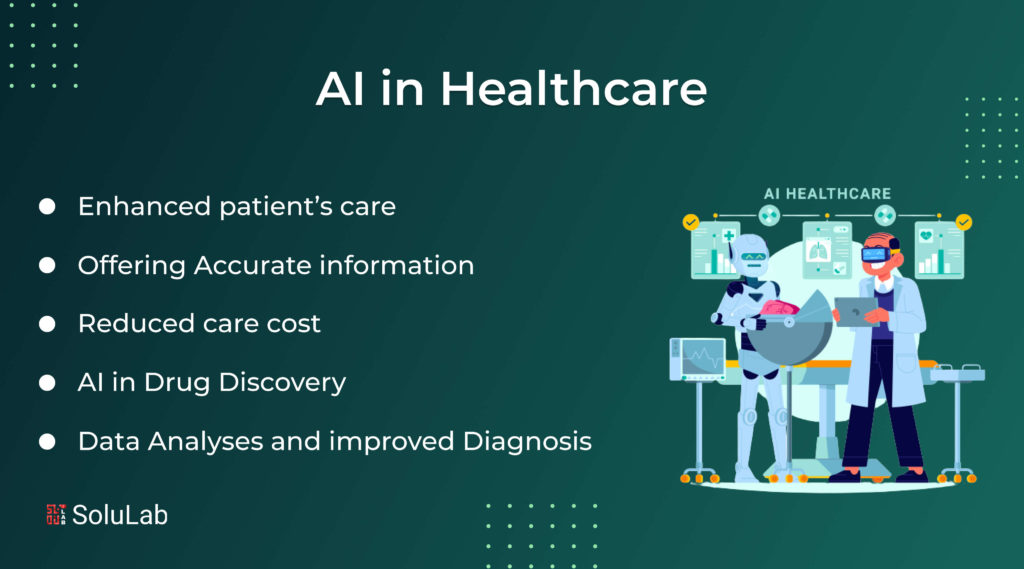
Case Studies and Success Stories
Real-world Examples of AI Transforming Healthcare
Across the globe, numerous real-world examples illustrate the transformative power of artificial intelligence in healthcare. One standout case comes from the oncology department of a leading hospital that implemented an AI system to aid in cancer detection. By analyzing thousands of medical images, the AI tool was able to identify tumors with remarkable accuracy, leading to early interventions that significantly improved patient outcomes. A doctor at the hospital shared how an earlier diagnosis saved a patient’s life, emphasizing the life-saving potential of AI.
Another compelling success story involves a healthcare provider using AI-powered predictive analytics to manage patient readmissions. By identifying high-risk patients, they implemented targeted intervention programs that reduced readmission rates by over 20%, resulting in both cost savings and enhanced patient care.
Key Takeaways
These case studies showcase the potential of AI to revolutionize healthcare in various ways:
- Enhanced Diagnostics: AI can significantly improve accuracy in identifying diseases.
- Preventative Care: Early detection leads to better patient outcomes and efficiency.
- Resource Optimization: AI aids in predicting patient needs, allowing for better resource allocation.
Such examples reinforce the message shared regularly on our blog, TECHFACK; that embracing AI technology is not just a trend but a necessary evolution in healthcare.

Conclusion
Recap of AI’s Influence on Healthcare Innovations
As we reflect on the journey through the realms of artificial intelligence in healthcare, it’s clear that AI has become a cornerstone for innovation. From enhancing diagnostic accuracy to enabling personalized medicine, the influence of AI is reshaping how we approach patient care. Anecdotes from healthcare professionals illustrate how AI-driven technologies have not only streamlined operations but also fostered deeper patient-provider relationships. Involving AI in treatment planning has led to improved outcomes and a more proactive stance on health management.
Future Prospects and Recommendations
Looking ahead, the future of AI in healthcare is full of promise. However, it is essential to address challenges including data privacy, compliance, and the need for robust legal frameworks. Here are a few recommendations for stakeholders moving forward:
- Invest in Training: Ensure healthcare professionals are equipped with the necessary skills to utilize AI effectively.
- Focus on Equity: Prioritize accessibility to AI tools across diverse populations to mitigate health disparities.
- Engage in Collaboration: Foster partnerships between tech developers, healthcare providers, and regulators to develop guidelines that maximize benefits while ensuring safety.
By embracing these recommendations and learning from existing success stories, the healthcare industry can navigate the complexities of AI integration successfully, as frequently highlighted on our blog, TECHFACK.
